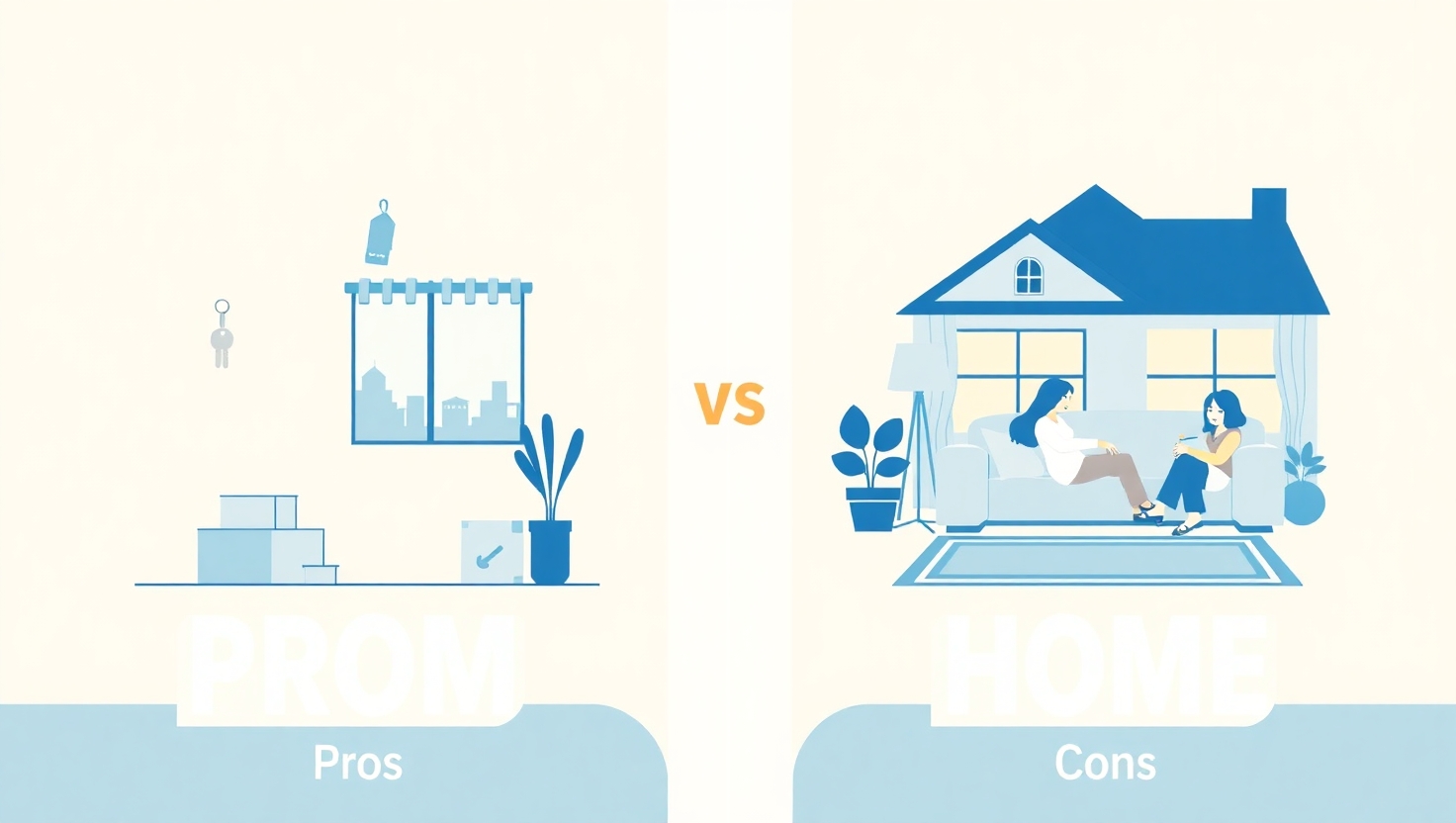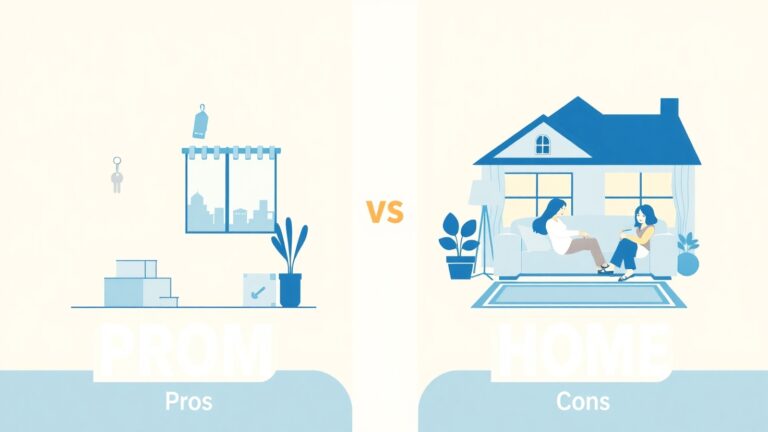The Pros and Cons of Renting vs. Buying a Home
Choosing between renting and buying a home is one of the biggest financial decisions many people face. Both options have their advantages and drawbacks, and the right choice depends on your lifestyle, financial situation, and long-term goals. Let’s explore the pros and cons of each to help you make an informed decision.

Renting a Home: Flexibility with Less Responsibility
Pros of Renting
- Lower Upfront Costs – Renting typically requires a security deposit and first month’s rent, which is far less than a down payment on a home.
- Flexibility – Leases usually last a year, making it easier to relocate for work or personal reasons without the hassle of selling a property.
- Minimal Maintenance – Landlords handle repairs, property taxes, and homeowners insurance, reducing your financial and logistical burdens.
- Access to Amenities – Many rental properties offer amenities like pools, gyms, and security services without extra costs.
- No Market Risk – Renters aren’t affected by fluctuations in property values, protecting them from potential financial losses.
Cons of Renting
- No Equity Building – Monthly rent payments don’t contribute to ownership, meaning you’re not building long-term wealth.
- Rent Increases – Landlords can raise rent at lease renewal, making long-term budgeting unpredictable.
- Limited Customization – Most rentals restrict major renovations or décor changes, limiting personalization.
- Less Stability – A landlord could decide to sell the property or not renew your lease, forcing you to move unexpectedly.
Buying a Home: Investment with Long-Term Commitment
Pros of Buying
- Equity and Ownership – Mortgage payments contribute to owning an asset that can appreciate over time.
- Stability – Homeownership provides a permanent residence, ideal for raising a family or settling in a community.
- Tax Benefits – Mortgage interest and property tax deductions can reduce taxable income (depending on local laws).
- Creative Freedom – Owners can renovate, expand, or decorate their homes without restrictions.
- Potential Rental Income – Homeowners can rent out part or all of their property for additional income.
Cons of Buying
- High Initial Costs – Down payments, closing costs, and moving expenses require significant upfront savings.
- Maintenance Responsibilities – Homeowners must cover all repairs, landscaping, and unexpected costs (e.g., a new roof or HVAC system).
- Less Flexibility – Selling a home takes time and can be costly, making it harder to relocate quickly.
- Market Risk – Property values can decline, potentially leading to financial loss if you need to sell during a downturn.
- Long-Term Financial Commitment – A mortgage is a decades-long obligation, and missing payments can risk foreclosure.
Which Is Right for You?
Consider Renting If:
- You value flexibility and don’t want long-term ties to one location.
- You prefer not to handle maintenance or large unexpected expenses.
- You’re in a transitional phase (e.g., career changes, saving for a home).
Consider Buying If:
- You plan to stay in one place for at least 5+ years.
- You want to build equity and benefit from potential property appreciation.
- You’re financially prepared for upfront costs and ongoing homeownership expenses.
Final Thoughts
There’s no one-size-fits-all answer—renting offers freedom and simplicity, while buying provides stability and investment potential. Assess your financial health, lifestyle preferences, and future goals to determine the best path for you.
